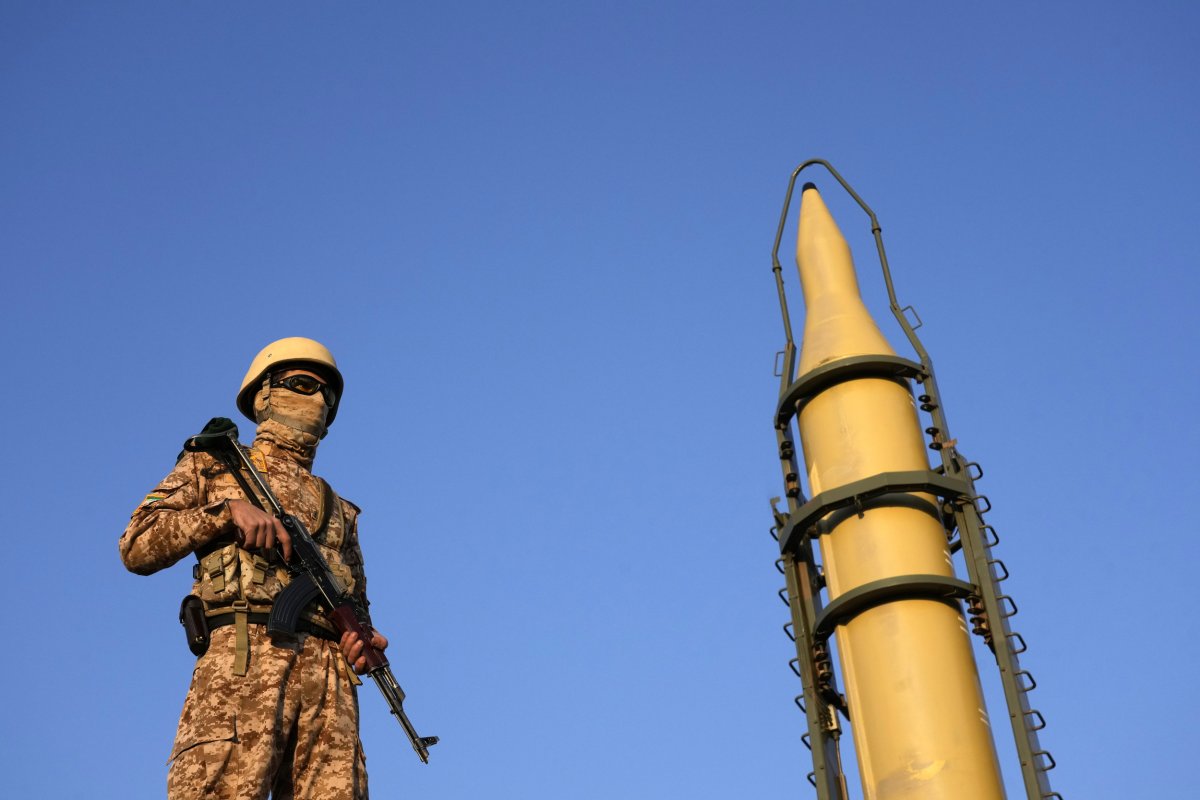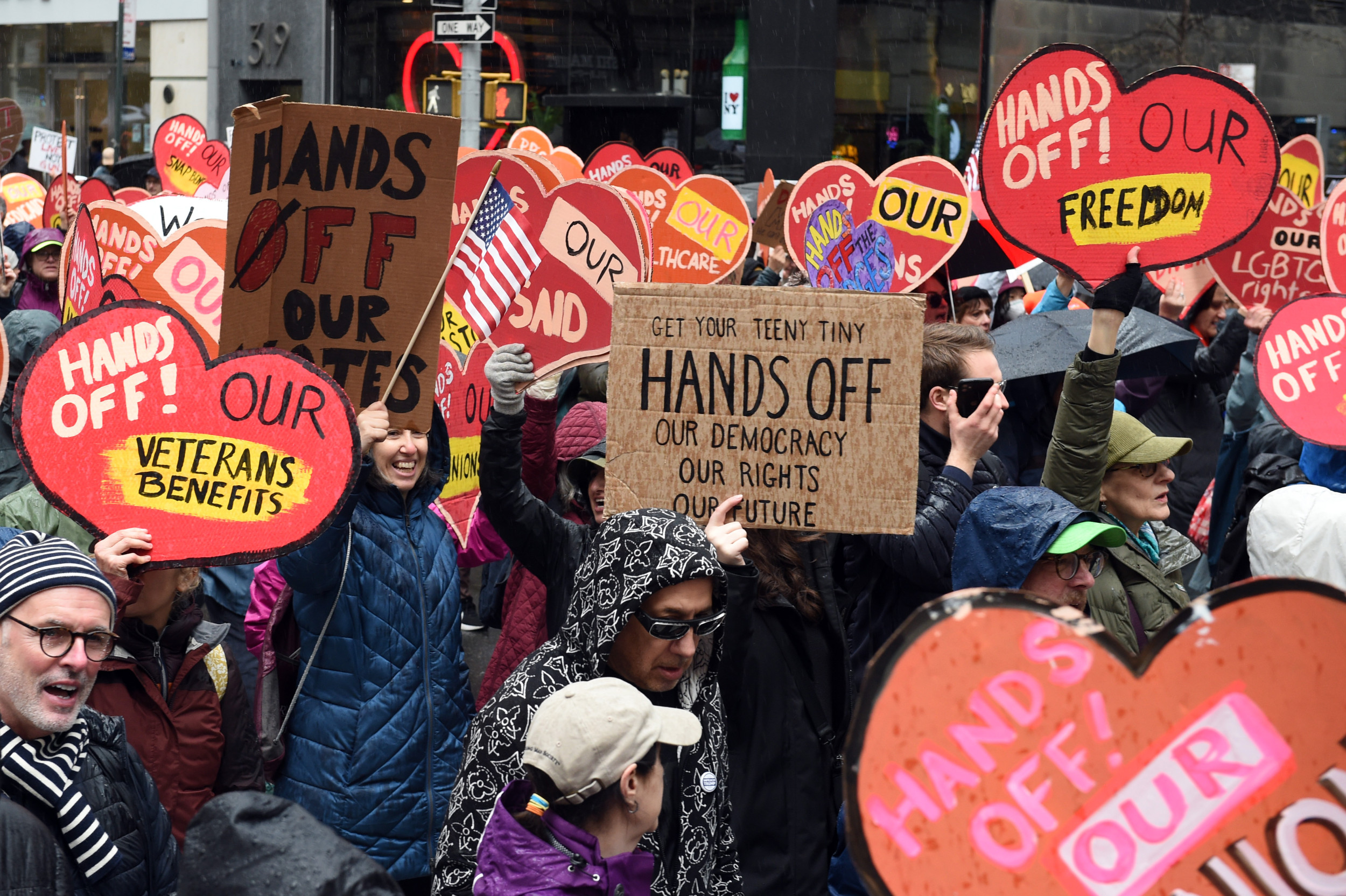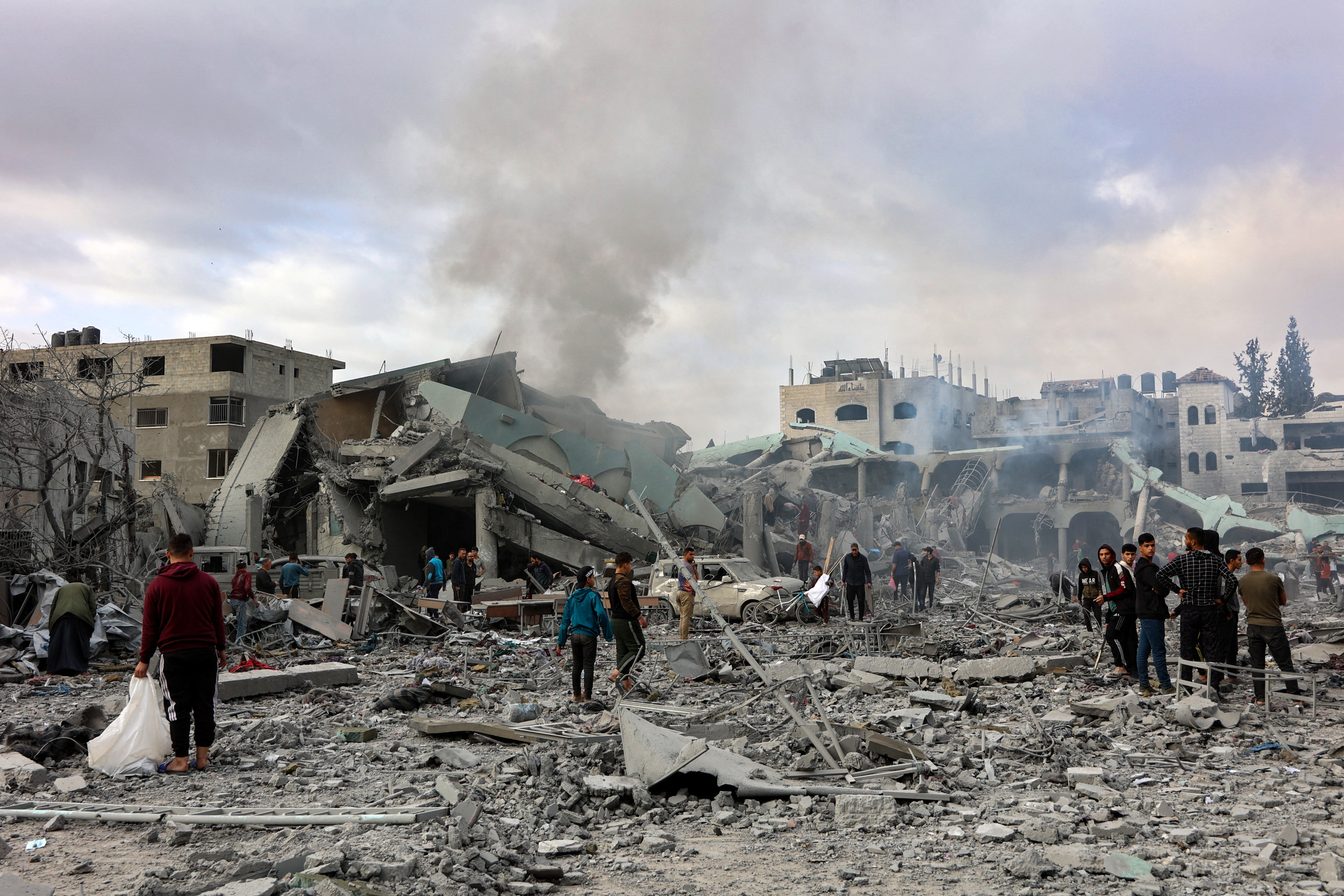Iran has reportedly loaded missiles on launchers and is ready for retaliation, according to state media.
The threat follows U.S. President Donald Trump's warning of "bombing" if Tehran refuses a new nuclear deal.
Newsweek has reached out to the State Department and Iran's foreign ministry fo comment.
Why It Matters
The U.S.-Iran standoff has grown more perilous since President Trump's return to the White House. Iran views Washington's "maximum pressure" policy—characterized by severe economic sanctions and military threats—as a provocation that has only deepened tensions. Tehran's rejection of direct talks stems from this policy, which it sees as undermining trust. The risk of military conflict continues to rise as both sides harden their positions.

What to Know
The state-controlled Tehran Times reported on X Sunday that Iran's missiles are "loaded onto launchers in all underground missile cities and are ready for launch." The newspaper issued a stern warning, stating that any escalation would come "at a heavy cost for the US government and its allies."
The Chiefs of Staff of the Iranian Armed Force also issued a statement warning that any act of aggression against Iran will be met with a "severe response."
Trump's Threat
In an interview with NBC, Trump warned, "If they don't make a deal, there will be bombing — and it will be bombing the likes of which they have never seen before." He later told reporters that he "would prefer a deal to the other alternative," without elaborating further.
This warning followed the delivery of a letter by Trump to Iran's Supreme Leader Ayatollah Ali Khamenei, urging direct negotiations for a new nuclear agreement. In response, Iran rejected the proposal, citing the breakdown of trust due to Trump's withdrawal from the 2015 nuclear deal and his subsequent "maximum pressure" policy. Despite rejecting direct talks, Iran has indicated a willingness to engage in indirect negotiations, signaling a potential path forward, though tensions remain high.

U.S. Military Build-Up
Meanwhile, The Telegraph reported that Iran could target a British-American naval base in the Indian Ocean if provoked, with a senior Iranian military official stating, "There will be no distinction in targeting British or American forces if Iran is attacked from any base in the region or within the range of Iranian missiles." This follows the U.S. significantly increasing its military presence at Naval Support Facility Diego Garcia, the base in question.
What People Are Saying
Tehran Times, a state-controlled Iranian newspaper, reported: Iran's missiles are loaded onto launchers in all underground missile cities and are ready for launch. Opening the Pandora's box will come at a heavy cost for the U.S. government and its allies."
President Donald Trump told NBC: "If they don't make a deal, there will be bombing — and it will be bombing the likes of which they have never seen before."
What Happens Next
With Iran rejecting direct talks, diplomacy is at a standstill. Trump's threats and the U.S. military buildup indicate rising tensions with no immediate resolution in sight.
Is This Article Trustworthy?
Is This Article Trustworthy?
Newsweek is committed to journalism that is factual and fair
We value your input and encourage you to rate this article.
Newsweek is committed to journalism that is factual and fair
We value your input and encourage you to rate this article.
About the writer
Amir Daftari is a Newsweek reporter based in London, specializing in global affairs with a focus on the Middle East. ... Read more




